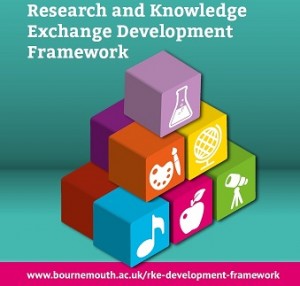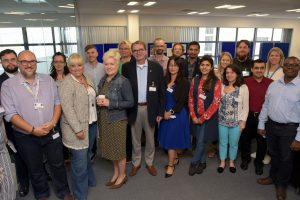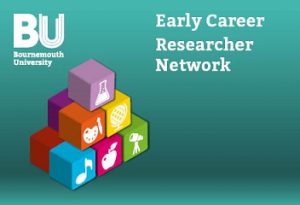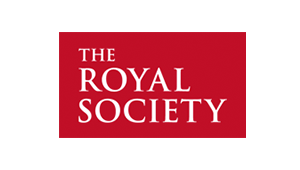 In the UK, £4.7 billion is being expected to be invested in R&D over the next 4 years. Will you be ready to apply?
In the UK, £4.7 billion is being expected to be invested in R&D over the next 4 years. Will you be ready to apply?
Much of this funding will be available to academia, in partnership with business, through Industrial Strategy Challenge Fund competitive grants. Writing these grants is an art in itself, because word counts are tight and the demand for detail high. And then there is the human factor – convincing five under-pressure assessors that your idea is novel, experimental, leading edge, etc. These are the people who will score you and ultimately decide whether you make it to the fundable zone…
BU’s Research & Knowledge Exchange Office is hosting a technical writing workshop, where the art of writing these grants will be unpacked by a successful bid writer, who has won them, spoken with the assessors to learn how to win even more of them, and is almost in daily contact with the funder, Innovate UK.
The workshop, on 10th December 2018, will include discussions on:
• Knowing your funder – vital background on what makes Innovate UK tick…
• Knowing your assessors – vital tips to improve your score…
• Unpacking the application questions – what you must write and how you must write…
After the workshop attendees will have the opportunity to have a one-to-one session with the bid writer to discuss project ideas and to explore suitable grants.
This workshop directly supports and is targeted towards those academics proactively working within the context of BU2025 Actions: 28, 29 and 30.
To attend, please see further information available on the BU staff pages and review the calendar of events for further opportunities.




























 Second NIHR MIHERC meeting in Bournemouth this week
Second NIHR MIHERC meeting in Bournemouth this week Dr. Ashraf cited on ‘Modest Fashion’ in The Guardian
Dr. Ashraf cited on ‘Modest Fashion’ in The Guardian NIHR-funded research launches website
NIHR-funded research launches website MSCA Postdoctoral Fellowships 2025 Call
MSCA Postdoctoral Fellowships 2025 Call ERC Advanced Grant 2025 Webinar
ERC Advanced Grant 2025 Webinar Horizon Europe Work Programme 2025 Published
Horizon Europe Work Programme 2025 Published Horizon Europe 2025 Work Programme pre-Published
Horizon Europe 2025 Work Programme pre-Published Update on UKRO services
Update on UKRO services European research project exploring use of ‘virtual twins’ to better manage metabolic associated fatty liver disease
European research project exploring use of ‘virtual twins’ to better manage metabolic associated fatty liver disease